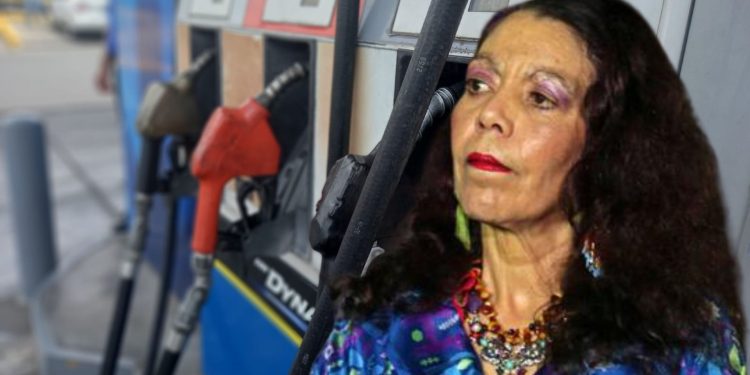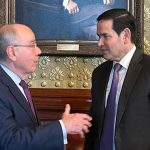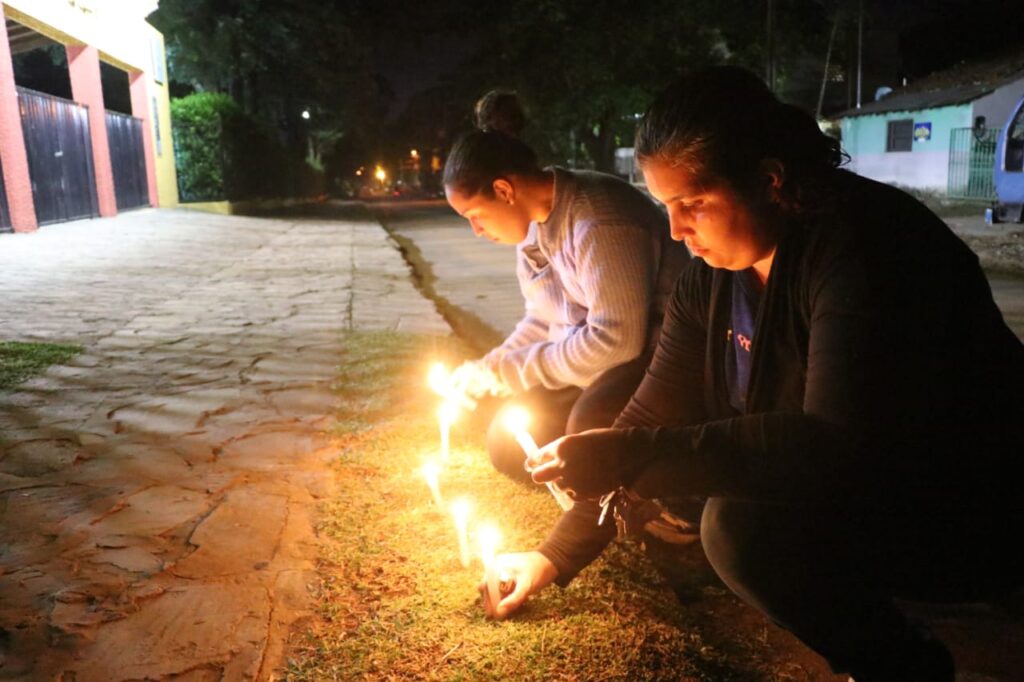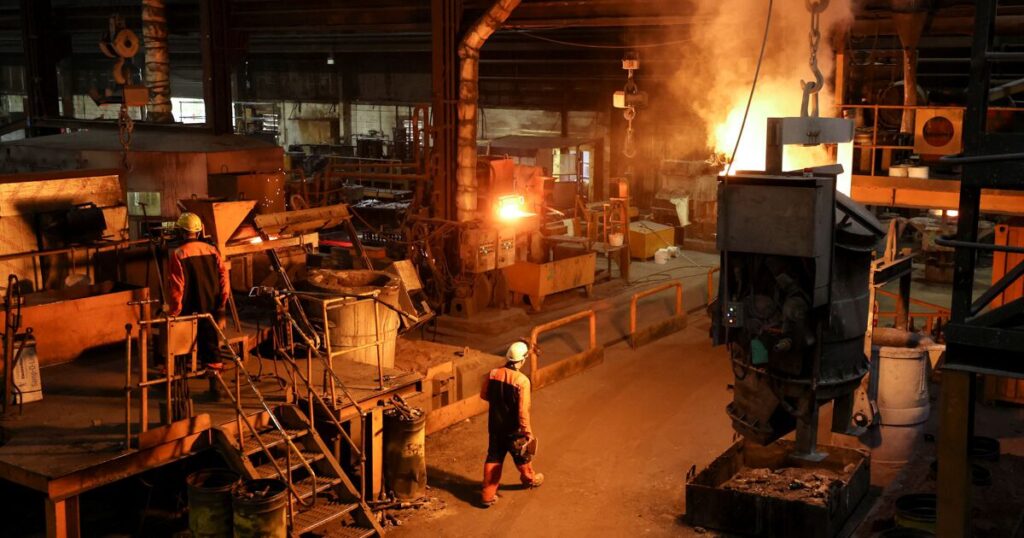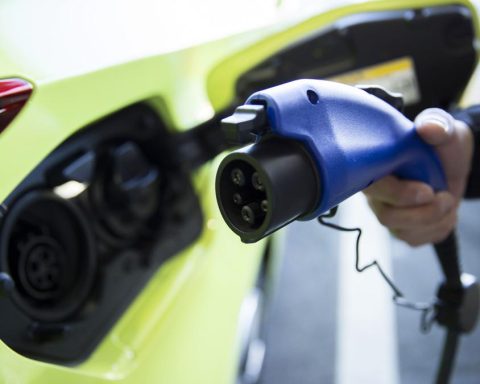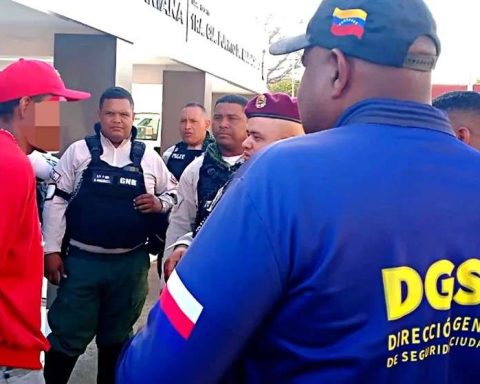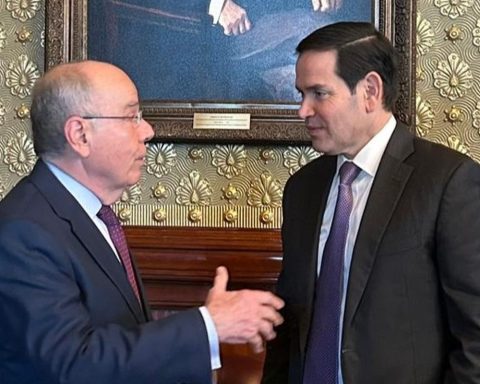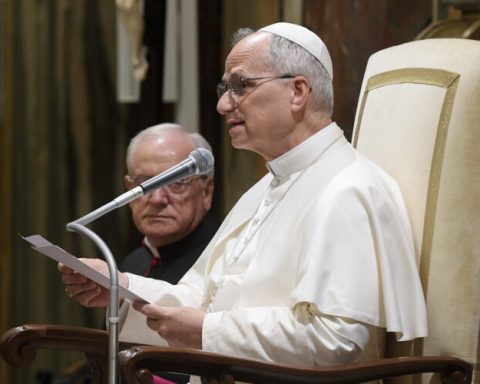The deputy president of the Nicaraguan regime, Rosario Murillo, reported this Friday, May 6, that fuel prices will continue to be subsidized through an investment of approximately four million dollars that have been allocated to avoid an increase in cost as a result of the Russian invasion of Ukraine.
“Remembering that the government assumes the increases in the international oil market and maintains prices to benefit Nicaraguan families, and guarantee stable production, trade and prices that defend families who buy, supply themselves and the home also guarantee food for their families,” Murillo said in his customary address to official media.
Related news: Government will keep the increase in fuels frozen
During the last four weeks, the regime has been assuming the increase in fuels with state funds. “This week there was a strong shot that meant placing a subsidy of four million dollars for a week,” Ortega said during an official act, acknowledging the blow generated in oil as a result of the war against Ukraine promoted by Vladimir Putin.
Rosario Murillo had reported that “the INE and the Ministry of Energy and Mines are informing our people, on the instructions of our president (Daniel Ortega) that despite the international increases in oil costs, our government assumes 100% of the increases in gasoline, diesel and liquefied gas.
In accordance with the decision of the Ortega dictatorship, gasoline and diesel would maintain the prices of the corresponding week from April 3 to 9, when super and regular gasoline increased 1.33 cordobas per liter.
Related news: CABEI approved 800 million dollars for “temporary support” in the face of a fuel increase in Nicaragua and the region
During his speech, Ortega affirmed that “for Nicaragua it is a huge burden, four million dollars that we could place in another program for life, for well-being, but we are also convinced that sustaining fuel is essential here. Let us not shoot (the fuel) because the engine of the economy is there. Here we are managing to stop those rises.”
The economist Maikel Marenco explained to Article 66 that for the sake of the international context that is being experienced with the increase in international oil prices, due to the issue of the war between Russia and Ukraine and due to the conflict that is taking place in the Middle East, it is «a benefit to freeze the prices”.
“However, the analysis is not given in such a brief way, because last year there was also a freeze in fuel prices, but it was done when international prices decreased and not when international prices were increasing,” explained the specialist.
